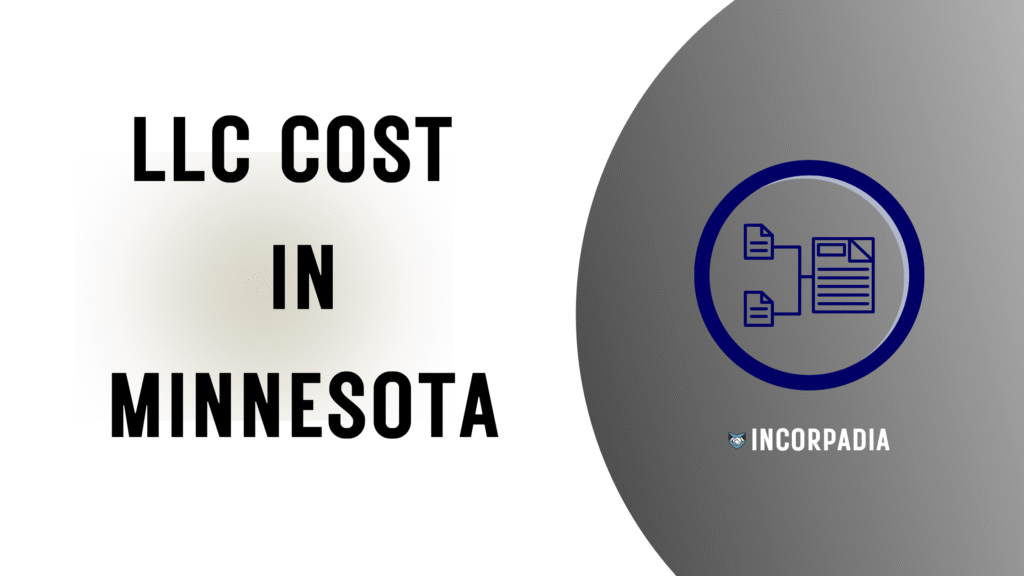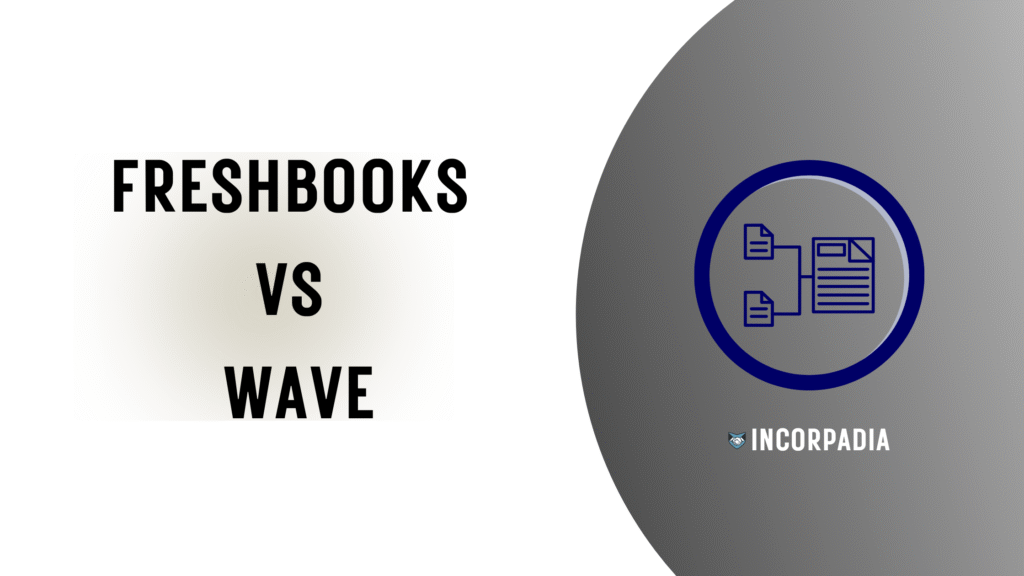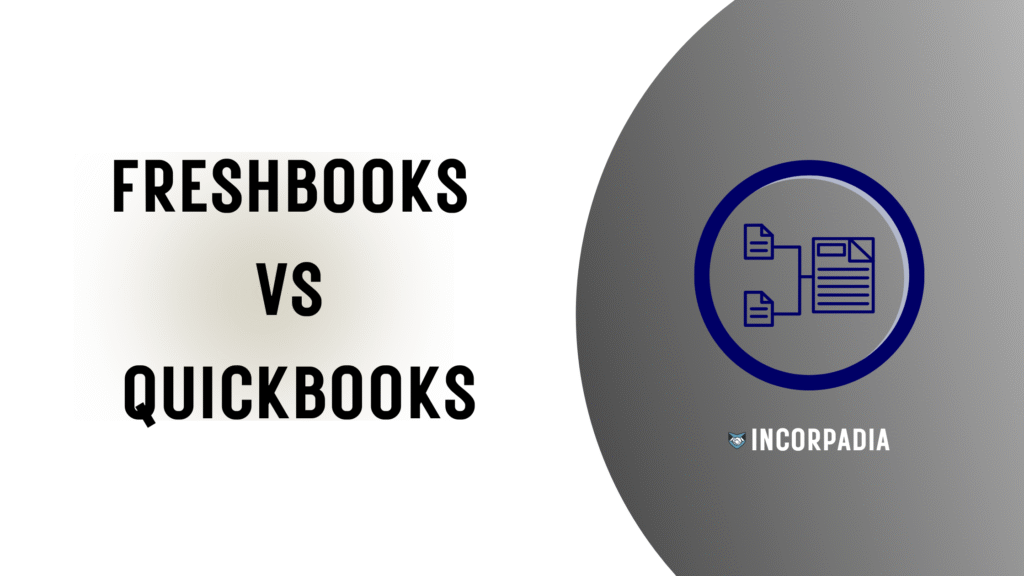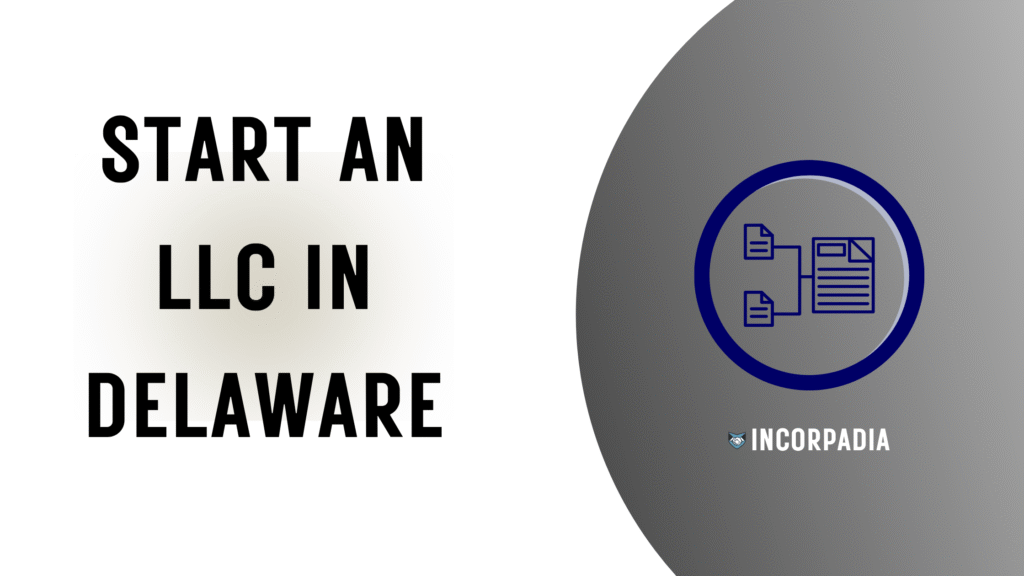Starting a business is an exciting and empowering endeavor, and forming a Limited Liability Company (LLC) is one of the best ways to protect your personal assets while running a business. An LLC offers a unique combination of legal protection and flexibility that appeals to entrepreneurs across the United States. In Minnesota, forming an LLC is a straightforward process, but it requires attention to detail to ensure you meet all legal and administrative requirements.
Why should you consider forming an LLC in Minnesota? First, an LLC provides limited liability, meaning your personal assets (like your home, car, or savings) are typically protected from business debts and lawsuits. Second, an LLC offers pass-through taxation, meaning the company’s profits and losses are passed through to the individual members, avoiding double taxation. Additionally, the structure of an LLC is flexible, allowing you to choose how the company will be managed and how profits will be distributed.
The process of forming an LLC in Minnesota may seem overwhelming at first, but breaking it down into manageable steps makes it easy to navigate. From picking a unique name for your business to filing necessary documents and obtaining the right tax ID numbers, this step-by-step guide will walk you through everything you need to do to get your Minnesota LLC up and running.
In this guide, we’ll cover essential tasks such as searching for and reserving your LLC name, selecting a registered agent, filing articles of organization, creating an operating agreement, obtaining an EIN, and handling state tax obligations. By following these steps, you’ll be on your way to running a legally compliant and successful LLC in Minnesota.
Steps to Forming an LLC
Forming an LLC in Minnesota is a relatively straightforward process. It involves choosing a business name, selecting a registered agent, filing the necessary paperwork, and taking care of a few other key tasks. Here’s a breakdown of the process.
1. Search Your LLC Name
Before you can start the process of forming your LLC, you need to pick a unique name that complies with Minnesota’s LLC naming rules.
LLC Name Requirements
- Incorporation: Your LLC’s name must include the words “Limited Liability Company” or the abbreviation “LLC” or “L.L.C.”
- Uniqueness: Your name must be distinguishable from existing business names registered in Minnesota. You can perform a business name search on the Minnesota Secretary of State website to ensure your desired name is available.
- Restricted Words: Minnesota restricts certain words in business names, such as “bank,” “insurance,” or “trust.” These words may require additional paperwork or special approval from relevant state agencies.
2. Choose a Registered Agent
A Registered Agent is someone who receives legal documents, tax forms, and other official correspondence on behalf of your LLC. In Minnesota, every LLC is required to have a registered agent.
Who Can Be a Registered Agent?
A Registered Agent can either be an individual or a company that provides Registered Agent services. The agent must have a physical address in Minnesota, and they must be available during normal business hours to receive documents.
- Individual Agent: This could be you, a member of your LLC, or someone you trust.
- Professional Service: If you prefer privacy or need a professional service to handle your legal documents, you can hire a professional Registered Agent service. These services generally charge an annual fee but can handle mail forwarding and other tasks related to compliance.
We Recommend Northwest Registered Agent
If you want to keep things simple, we recommend Northwest Registered Agent. They offer personalized services, including forwarding your legal documents, scanning mail, and providing a privacy guarantee. Northwest is known for its customer service, and their fees are reasonable. They charge around $39 per year for their services in Minnesota.
3. File LLC Articles of Organization
Once you have your name and Registered Agent in place, it’s time to officially form your LLC. This step involves filing the “Articles of Organization” with the Minnesota Secretary of State.
Articles of Organization Details
The Articles of Organization is the document that officially creates your LLC. It includes basic information about your LLC, such as:
- LLC name and business address
- Registered Agent name and address
- Organizer’s name (this can be you, or someone you designate to file the paperwork)
- LLC’s duration (most LLCs are set up with a perpetual duration)
- LLC management structure (whether the LLC will be managed by members or by managers)
Filing Fees
- Online Filing: $155
- Mail Filing: $135
The processing time for online filings is typically quicker, and it’s a good idea to file online if you need faster service.
Once your Articles of Organization are filed and approved, your LLC is officially registered in Minnesota.
4. Create an Operating Agreement
While Minnesota doesn’t require you to file an Operating Agreement with the state, it’s a crucial document for your LLC. The Operating Agreement lays out the internal rules for your business and can help prevent conflicts among members.
What Should an Operating Agreement Include?
An Operating Agreement typically covers:
- The ownership percentage of each member
- How the LLC will be managed (whether by members or managers)
- The process for adding new members or transferring ownership
- Voting rights and responsibilities
- Profit and loss distribution
- Procedures for dissolving the LLC if necessary
Even if you’re the sole member of your LLC, it’s still a good idea to have an Operating Agreement to outline the rules for managing your business.
5. Get an EIN for Your LLC
An Employer Identification Number (EIN), also known as a Federal Tax Identification Number, is essential for tax purposes, opening a business bank account, and hiring employees. You’ll need an EIN if your LLC has more than one member or if you plan to hire employees.
How Can I Get an EIN?
Getting an EIN is easy and free. You can apply online through the IRS website, and you’ll receive your EIN immediately upon completing the application. Be sure to keep your EIN number safe, as you’ll need it for a variety of purposes, such as filing taxes, opening a bank account, or applying for business licenses.
6. Get a Minnesota Tax ID Number
In addition to the federal EIN, you may need a Minnesota Tax ID Number, depending on the nature of your business.
- Sales Tax Permit: If you plan on selling goods or taxable services, you will need a Sales Tax Permit from the Minnesota Department of Revenue.
- Withholding Tax ID: If you will have employees, you must register to withhold state income tax from employee wages.
- Unemployment Insurance Tax: If you have employees, you must register for unemployment insurance taxes.
You can register for these numbers online through the Minnesota Department of Revenue’s e-Services portal.
What Do I Do After My LLC Is Approved?
Once your LLC is officially approved and your paperwork is in order, there are a few important tasks to handle to keep your business in good standing with the state.
Annual Renewal
Minnesota requires LLCs to file an Annual Renewal form each year. This ensures that your LLC remains active and in compliance with state laws. The Annual Renewal must be filed by December 31st of each year.
- Filing Fee: $45 for online or in-person filing; $25 for mail filing.
- Due Date: December 31st every year.
If you fail to file the Annual Renewal on time, your LLC may be administratively dissolved, meaning your business will no longer be considered active under state law.
How Will My LLC Be Taxed?
In Minnesota, LLCs are typically taxed as pass-through entities. This means that the LLC itself does not pay taxes. Instead, profits and losses “pass through” to the members, who report them on their personal tax returns.
Tax Elections
- Single-Member LLCs: Taxed as a sole proprietorship, meaning all profits and losses are reported on your personal tax return.
- Multi-Member LLCs: Taxed as a partnership by default, meaning profits and losses are divided among members based on the terms of the Operating Agreement and reported on personal tax returns.
- S Corporation Election: If your LLC meets certain criteria, you can elect to be taxed as an S Corporation. This can result in tax savings on self-employment taxes, but it also involves more complex filing requirements.
It’s advisable to consult with a tax professional to determine which tax classification is best for your LLC based on your business needs.
How Much Does It Cost to Start an LLC in Minnesota?
Below is a breakdown of the main costs involved in forming an LLC in Minnesota:
| Item | Fee (USD) |
|---|---|
| Articles of Organization (Online) | $155 |
| Articles of Organization (By Mail) | $135 |
| Name Reservation (Online) | $55 |
| Name Reservation (By Mail) | $35 |
| Annual Renewal (Online/In-Person) | $45 |
| Annual Renewal (Mail) | $25 |
Optional services, such as Registered Agent services or creating an Operating Agreement, can add additional costs. Many entrepreneurs opt to hire professional services to help them stay compliant and avoid mistakes.
FAQs
Can I form an LLC online in Minnesota?
Yes, Minnesota allows you to file the Articles of Organization online, and it’s the fastest way to get your LLC formed. You can complete the entire process from the comfort of your home.
Do I need a Registered Agent?
Yes, every LLC in Minnesota must designate a Registered Agent who has a physical address in the state. This person or company will receive legal documents on behalf of your LLC.
Do I need an Operating Agreement?
While an Operating Agreement is not required by law in Minnesota, it is highly recommended. It will help prevent disputes among LLC members and outline the rules for the management of your business.
How do I file my LLC’s Annual Renewal?
You can file your Annual Renewal online through the Minnesota Secretary of State website or by mail. Be sure to file by the due date (December 31st) to avoid penalties or administrative dissolution.
How will my LLC be taxed?
LLCs in Minnesota are generally taxed as pass-through entities, but you can elect to be taxed as an S Corporation or C Corporation if it makes sense for your business.







